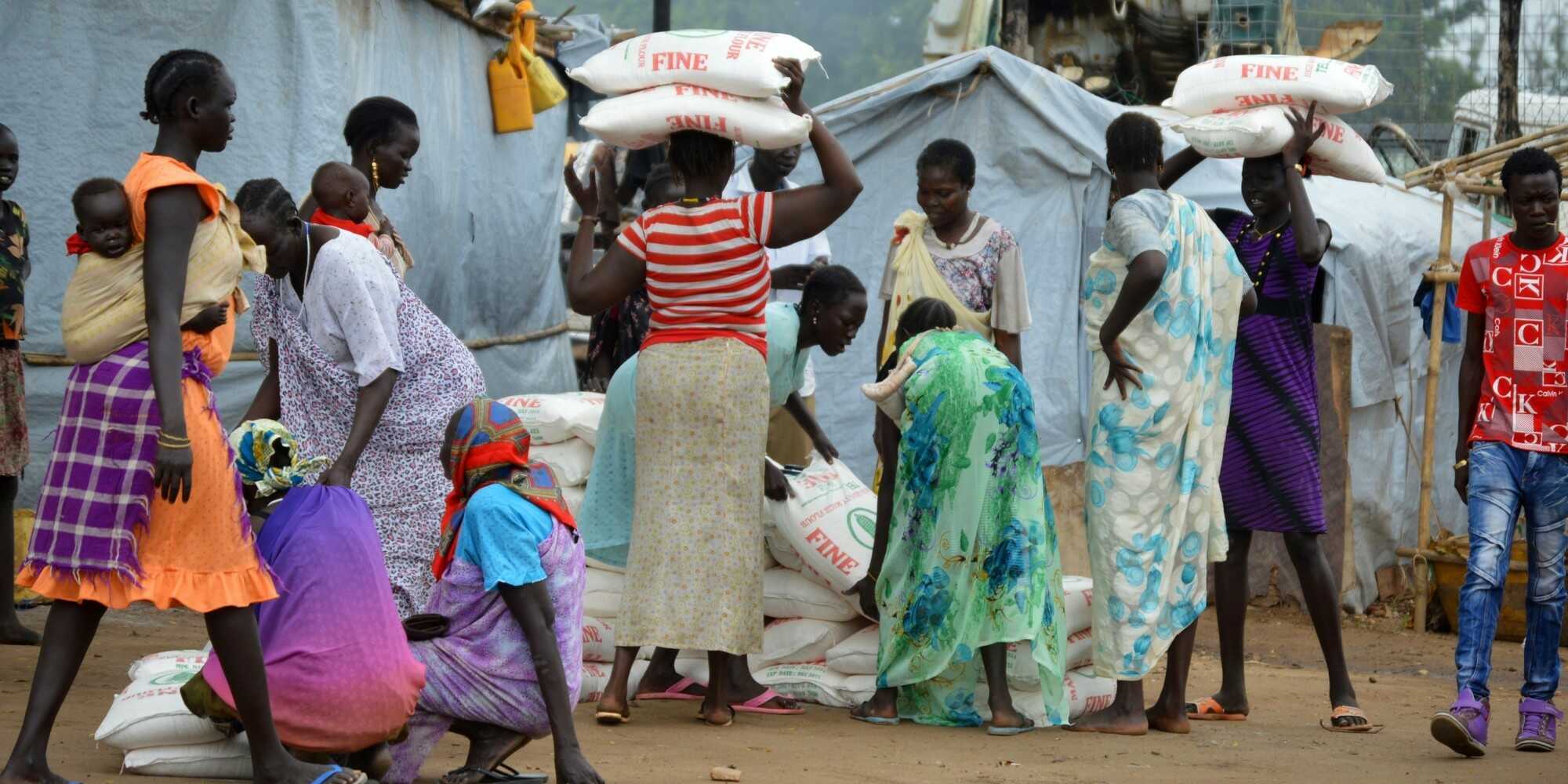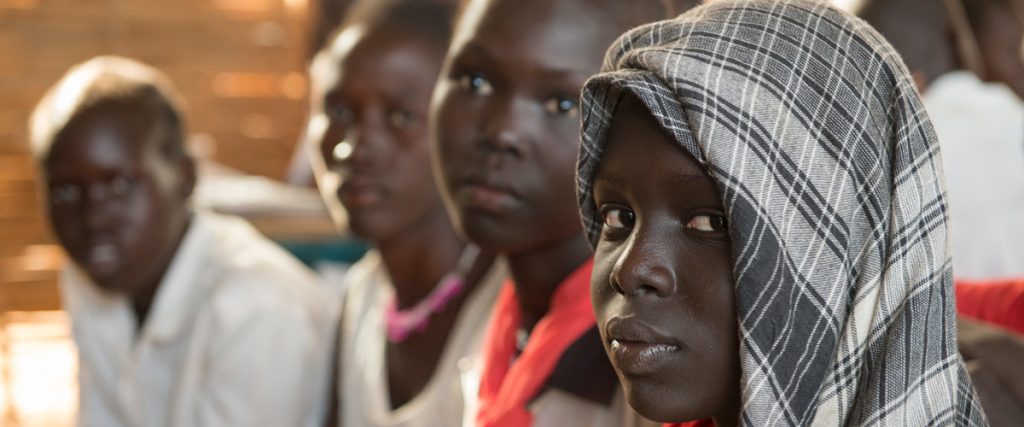United Nations Independent Expert on the situation of human rights in Sudan, Aristide Nononsi concluded a visit to Sudan from 14 to 24 April. He expressed several of his concerns, including the Sudanese authorities’ violent reaction to widespread protests in January and February this year.

A press conference was held in Khartoum at the end of his 10-day visit to Sudan on Monday, where he presented his findings. “I had received reports of human rights defenders, political activists and journalists being arrested and detained in relation to protests to denounce the 2018 budget austerity measures. I was particularly concerned about their physical and psychological condition during the time of their detention. I met with some of their recent release following a presidential pardon.”
Upon addressing the issue to the relevant authorities, Nononsi said he received assurances “that those who have been released would not be rearrested, charged or prosecuted further”. Human Rights Watch (HRW) and (armed) opposition leaders, however, claimed that President Omar Al Bashir decided on the pardoning of the political prisoners to “appease international onlookers” and the visiting UN expert in his country.
In addition, activists have released a long list of political detainees who are being held in Darfur, and were not included in the presidential order for political detainees.
Upon addressing the issue to the relevant authorities, Nononsi said he received assurances “that those who have been released would not be rearrested, charged or prosecuted further”. Human Rights Watch (HRW) and (armed) opposition leaders, however, claimed that President Omar Al Bashir decided on the pardoning of the political prisoners to “appease international onlookers” and the visiting UN expert in his country.
In addition, activists have released a long list of political detainees who are being held in Darfur, and were not included in the presidential order for political detainees.
Tackling impunity in Darfur
The UN independent expert assessed the implementation of recommendations made to the Government of Sudan by human rights mechanisms. Besides the government officials, he met with UN officials, the AU-UN Mission in Darfur (Unamid) and civil society groups. Nononsi commended the positive steps taken by the Government of Sudan to improve the security situation in Sudan and was informed about “a significant decline in military clashes in the region.
“Insecurity continues to hinder the return of displaced people to their areas of origin.” – Aristide Nononsi
“However, I have to note that the root causes of the conflict are still largely unaddressed. In addition, land occupation and violence targeting IDPs [internally displaced people, RD], including sexual violence against displaced girls and women, continue to hinder their return to their areas of origin.”
He called on Khartoum to respond to this structural problem using “an important rule of law dimension to ensure accountability for various human rights violations committed against IDPs in Darfur. Impunity for human rights violations continues to send the wrong message to victims, perpetrators, and wider public.”
Repression of women
Nononsi: “Public morality offenses, including indecent dress, discriminate against women and are limiting their movement and role in public life. Humiliating corporal punishments of lashing violate international human rights norms. More specifically, I call on the Sudanese authorities to put an end to the “Kesha” phenomenon, a practice which appears to be an harassment targeting women in Khartoum for alleged indecent dress or street trading by public order security police.”
This month UN Secretary-General António Guterres also highlighted the bleak situation for women in Darfur in a report on the worldwide conflict-related sexual violence. Sexual violence remains prevalent in the Darfur region:
“Sexual violence continues to be chronically underreported due to stigma, harassment, trauma, the lack of protection afforded to victims and witnesses and the perceived inaction of law enforcement, with police and service providers alike having been pressured to drop cases. Rape is often resolved through traditional justice mechanisms, which tend to order victims to marry the perpetrator,” Secretary-General Guterres stated.
The UN expert also visited a prison in North Darfur, the Shallah Federal Prison, and spoke to a number of prisoners who have been detained in relation to Emergency Laws. He was concerned that all 117 men and women have not been presented in or appeared before a court for several months. 56 of them are sentenced to death.
Religious freedoms
The Independent Expert will present his findings and recommendations to the UN Human Rights Council in September 2018.
In May 2017 following his 11-day visit to Sudan, Nononsi stressed the implementation of democratic reforms. He said he was concerned about the freedom of religion in the country, pointing to the arrest of religious leaders and the demolition of a number of churches and places of worship other than Islamic.

